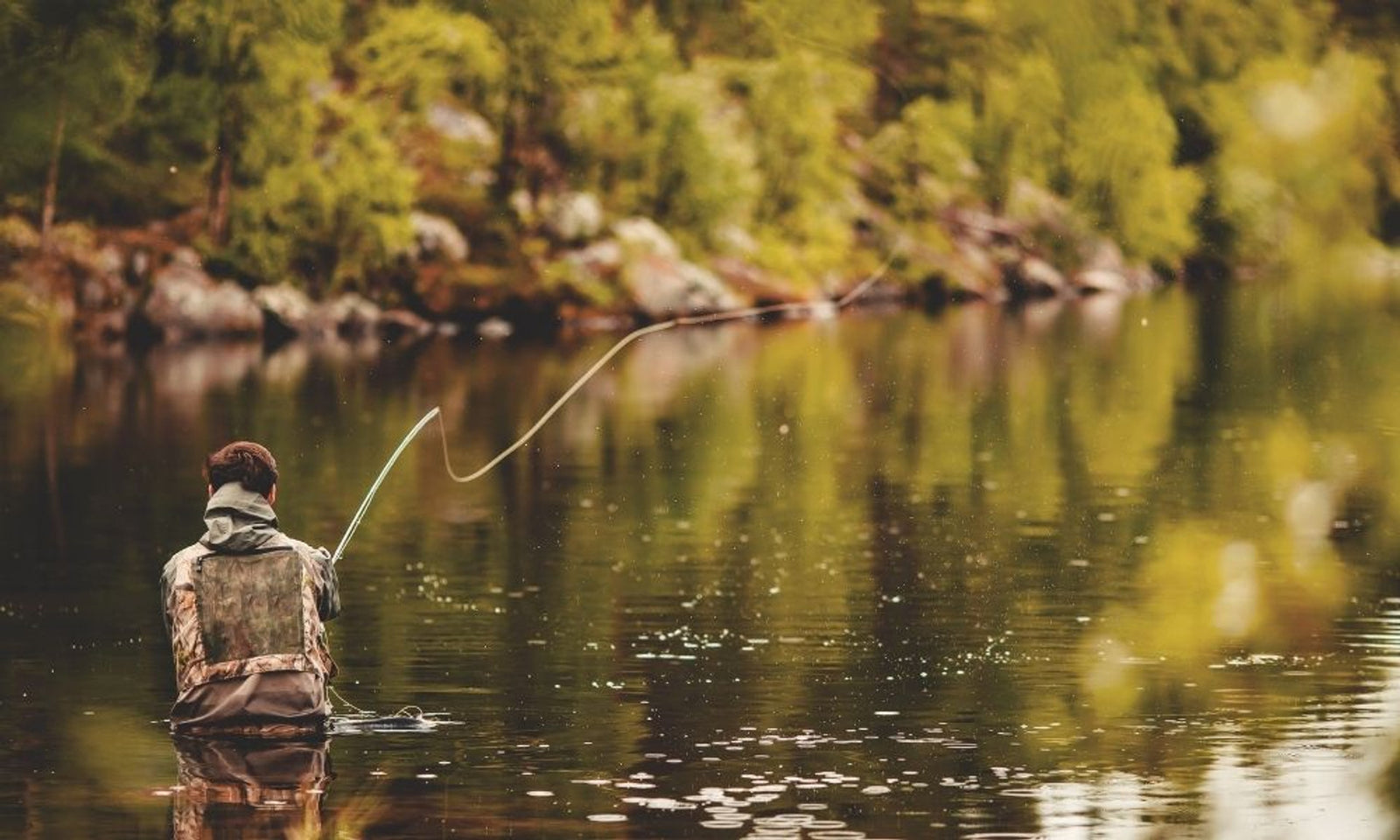6 Helpful Fly Fishing Tips for Beginners

Fly fishing is one of the most popular forms of fishing for experienced anglers. However, for beginners, it may be challenging to learn its intricacies. These six helpful fly flying tips for beginners will relieve your stress before your first cast.
Get the Basics
Being a good angler requires you to have the gear to keep the bites steady. As a novice, you may not know all the pieces of equipment you need for a fly fishing venture. At a bare minimum, you’ll want a fly rod, a fly box with your hand-tied flies, and a reel and line. That’s all you need to fish effectively, but some extras will help. You should get some fishing garb, including waders, a hat, and a vest to enhance the experience.
Follow Recommendations
It can be overwhelming when looking at fishing tackle as a layman due to the abundance of choices available. All the lines, reels, and flies may look the same to you, so either ask for recommendations or research them in your free time. A beginner doesn’t need to be too technical, so a nine-foot, six-weight rod with a floating line should suffice.
Start With Safer Waters
When you start a new endeavor, it’s best to start small and work your way up. Try to avoid bodies of water that may be problematic due to their size and conditions. Your first trip out should be about honing the craft rather than staying afloat. Once the still waters of a small pond begin to bore you, it may be time to expand your horizons.
Prepare for the Worst
Even if fly fishing is a relaxing activity without many obstacles, injuries can happen. Slips and trips may result in severe lacerations, so be sure to pack safety materials like a first aid kit. Additionally, due to the snapping motion of casting, you might want to protect your eyes with goggles or glasses.
You don’t want an errant cast to catch you in the eye on the way back. Lastly, always check the weather because you never want to be stuck in the middle of a storm.
Practice Your Skills
Considering you don’t have advanced skills yet, you’ll need to practice techniques to improve your skills. The beautiful thing about fly fishing is that you don’t necessarily need to do it in the water. You can develop your abilities in your backyard or another open area. Stick with short-range casts until you feel comfortable with them. Then, you can attempt longer, more challenging casts.
Know Fishing Rules and Etiquette
Even though you may be alone when fly fishing, there are fishing rules and etiquette to follow. Some places may limit the size of your flies or hook, so research the area you plan to head to before you arrive. Another thing any new angler must do is obtain their fishing license.
You can get your license online in most states, with your fees going directly to conservation efforts. Finally, know that reeling in your first fish is cause for a jubilant celebration. You can measure it, take your picture with it, and show it off to your friends. Then, you can send it back in the water.
We hope these six helpful fly fishing tips for beginners aid in your efforts. To get the best gear for catching your first fish, check out Ed’s Fly Shop and our fly reels made in the USA. We’re here to help in any way we can!

